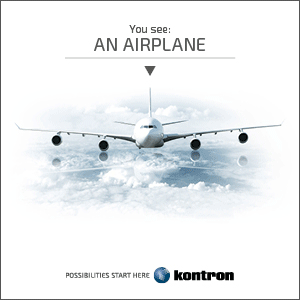Legacy airlines like to tout all the ways they make high value customers feel special and with good reason. In the case of Delta Air Lines, five percent of the airline’s passengers are responsible for a quarter of the airline’s revenue.
“We’ve had heavy focus on providing the best experience to those who provide the best value to us,” said Ed Bastian (pictured at top), Delta’s soon-to-be chief executive at a meeting with reporters in Atlanta.
In offering an increasingly cushy front end of the cabin experience on its airliners, however, Delta noted an issue.
“We’ve actually created a greater divide between business and the main cabin and left a void and a vacuum in the middle,” he said.
 The solution will arrive with Delta’s first Airbus A350. When the new twin-engine widebody begins international service in 2017, it will feature a separate premium economy class with its own seats offering 38 inches of pitch, leg rests, and dedicated premium economy service, said Glen Hauenstein, who will become Delta’s president on 2 May.
The solution will arrive with Delta’s first Airbus A350. When the new twin-engine widebody begins international service in 2017, it will feature a separate premium economy class with its own seats offering 38 inches of pitch, leg rests, and dedicated premium economy service, said Glen Hauenstein, who will become Delta’s president on 2 May.
Exactly what else the premium economy experience will include is a work in progress though the airline has been developing the plans for it for a while. Bastian said Delta has borrowed ideas from SkyTeam partner Air France and Virgin Atlantic in which Delta holds a 49 percent stake. Both airlines have offered a dedicated international premium economy for years.
At a news briefing conducted inside the business class cabin of an Airbus A330 parked on the ramp at Hartsfield airport, Hauenstein made a point of telling reporters that work was already well underway last December when American Airlines beat Delta to the punch by announcing its own premium economy product.
“When American announced, we went ‘Ahhh’”, Hauenstein said adding that Delta held off on making its own announcement “too far in advance of where we could sell it.” After all, the new premium economy won’t be on the market for another year.
“It has always been our intent to introduce it on the A350 and have the 777 be the first, best follower,” Hauenstein explained.
Delta’s first challenge may be explaining to passengers that international premium economy is not the extra legroom Comfort+ product which they may be familiar. Even reporters were getting the two confused during discussions with executives, prompting Hauenstein to remind them, “Comfort+ is the same coach service with a little more room and now (with premium economy) we’ll have a whole new service flow that will really put us in line with some of the international carriers that have introduced this.”
A product Hauenstein described as a bridge between high touch business and a plain economy seat is aimed at “an entirely new class of customer,” the business traveler who cannot expense a business class seat and something Bastian called – without further elaboration – the “mass affluent”.
The educational part of the program for customers begins with a transition in May when Comfort+ on domestic flights goes from being an add-on upgrade on an economy ticket to being sold as a new product. Making that differentiation clear to customers required new technology to be developed to display and sell the various seat options to consumers and online travel agents. The Comfort+ transition on domestic flights leads the way towards showcasing the premium economy product for international flights.
“Everything is interlinked,” Hauenstein told RGN. “As we continue to segment our cabins and customer offerings we want to give our customers options but we go back to reservations systems built in the seventies and try and actually transact on those experiences we have to do a lot of ground work,” he said.
With the A350 scheduled to arrive shortly, the countdown to launching this new seat class begins.

Comfort + will be marketed as a separate seat and not an add on going forward. Image: Delta Air Lines









